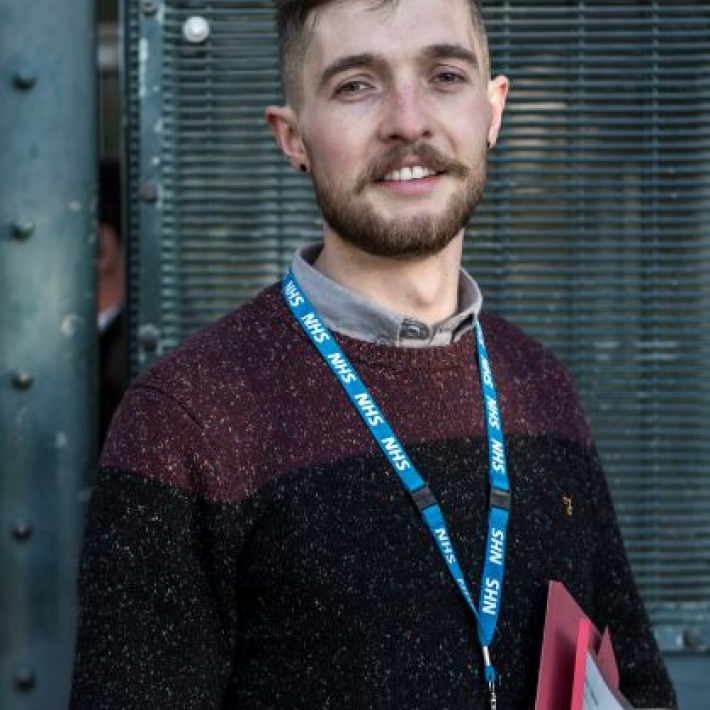"The best part of this job? Being able to work with people who might otherwise have difficulty accessing support."
Chris had a passion for mental health from an early age, having grown up with friends and family members who experienced mental health difficulties and distress.
